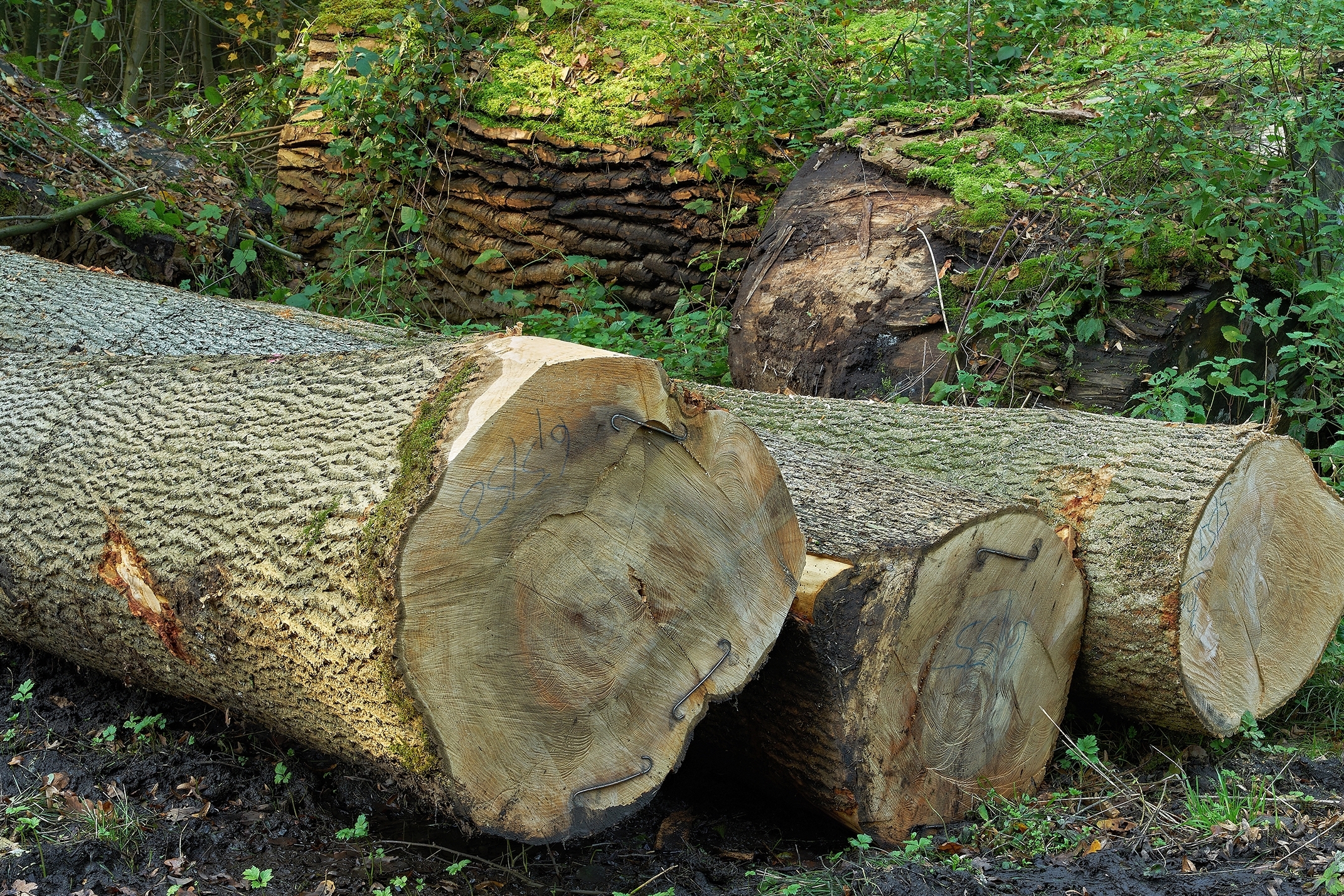
The Lacey Act combats illegal trafficking of wildlife, fish, and plants. The 2008 Farm Bill amended the Lacey Act (16 U.S.C. §§ 3371-3378) and extended its protections to a broad range of plants and plant products, making it unlawful to import into the United States any plant or plant product that was illegally harvested. It also makes it unlawful to import certain products without a declaration.
APHIS, the National Marine Fisheries Service, and the U.S. Fish and Wildlife Service administer the Lacey Act. APHIS is responsible for collecting declarations for imported plants and plant products and defining the scope of plant materials that require a declaration.
APHIS established through rulemaking a schedule for implementing the declaration requirement. Phases 1, 2, and 3 went into effect in 2009; phase 4 in 2010; phase 5 in 2015; and phase 6 went in 2021. Phase 7 will go into effect on December 1, 2024.
View the criteria for a Lacey Act declaration.

View product categories by HTS chapter that require a Lacey Act declaration.

Find out what information you need to include.

Learn how to file a Lacey Act declaration.

Find out how to make changes after you submit a declaration.

Learn what you need to know.

Permits are required for articles listed in Appendix I of the Convention on International Trade in Endangered Species (CITES) and certain materials listed in Appendix II, as well as products from protected species under the Endangered Species Act. Please ensure you comply with regulations.
If you have questions about CITES and endangered species documentation, visit CITES (Endangered Plant Species) and U.S. Fish and Wildlife Service.
Plant and Plant Product PermitsUnder authority of the Plant Protection and Honeybee Acts, APHIS requires phytosanitary permits for the importation and transit of plants and plant products and the importation, transit, domestic movement (including interstate), and environmental release of organisms that impact plants. Visit APHIS’ Plant and Plant Product Imports to learn more about phytosanitary permits, or call APHIS Permit Services toll free at 877-770-5990.
To obtain or renew a phytosanitary permit, use APHIS’ electronic permitting system APHIS eFile. This web-based tool will allow you to apply for a permit, check its status, and view it online. Visit APHIS eFile to create an account and apply for a permit.
Use the email addresses below to ask questions or seek help with the following phytosanitary permit types:
Timber and Timber Product Import Permits: wood.permits@usda.gov
Plants or Seeds Import Permits: plantsforplantingpermits@usda.gov
Protected Plant Permits: ppqcitesesapermits@usda.gov
Pests, Live Insects, Viruses, Bacteria, and Soil Inquiries: pest.permits@usda.gov